Canada is known for its friendly people, stunning landscapes, and some quirky culinary delights that you won’t find south of the border. While many Canadian foods are celebrated worldwide, there are a few that Americans might never get to taste due to U.S. bans. Here’s a list of 17 beloved Canadian foods that are a no-go in the United States, served with a side of humor.
Kinder Surprise Eggs
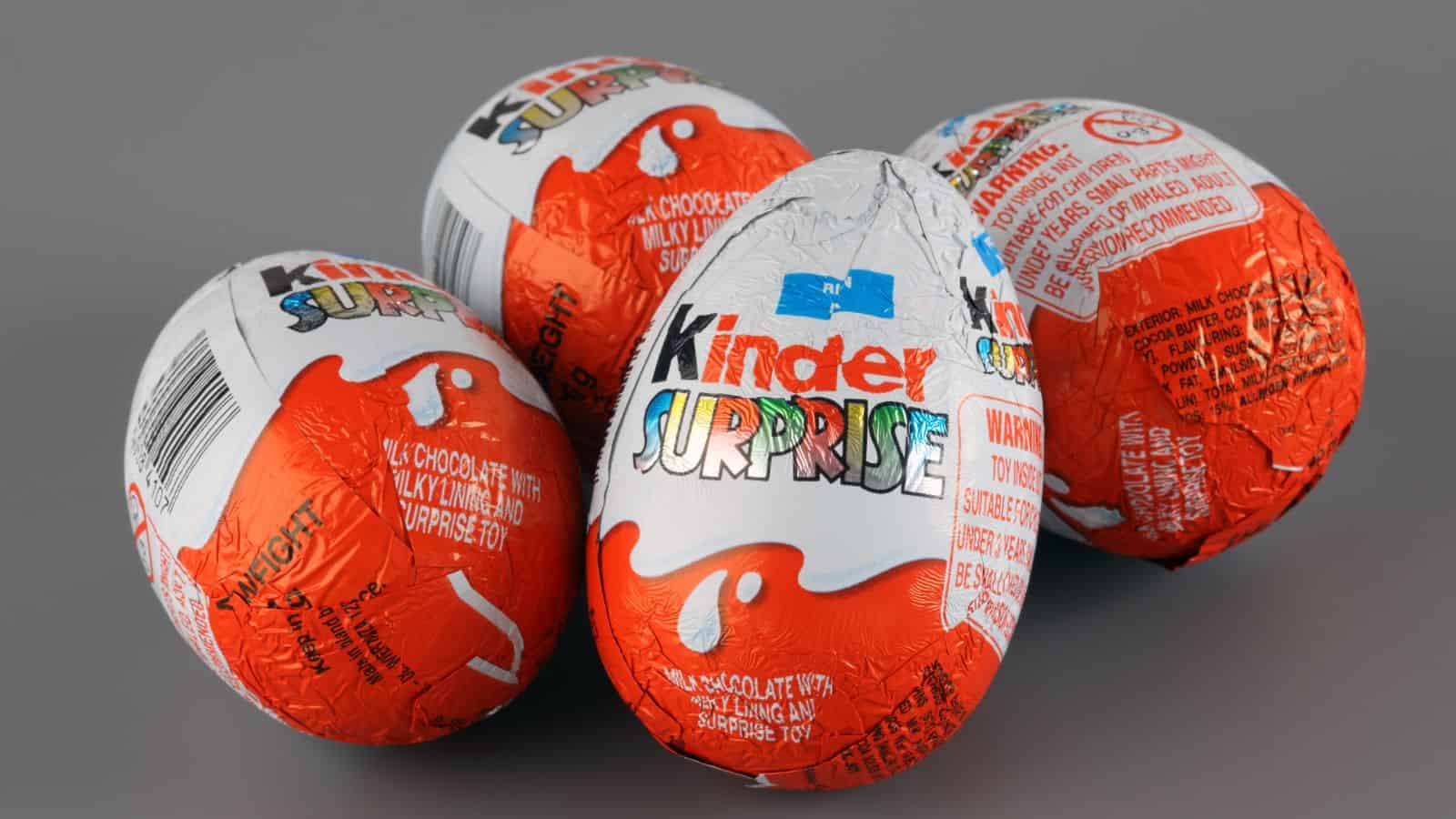
These chocolate eggs with a toy inside are a childhood favorite in Canada. But in the U.S., having a “non-nutritive object” embedded in confectionery is illegal. Be warned, “A fine for a single Kinder Surprise egg can be as much as $2,500, making it a costly mistake for those unaware of the law,” according to Yahoo Finance. American kids have to settle for a toyless version called Kinder Joy instead. Where’s the fun in that?
Cadbury Chocolates
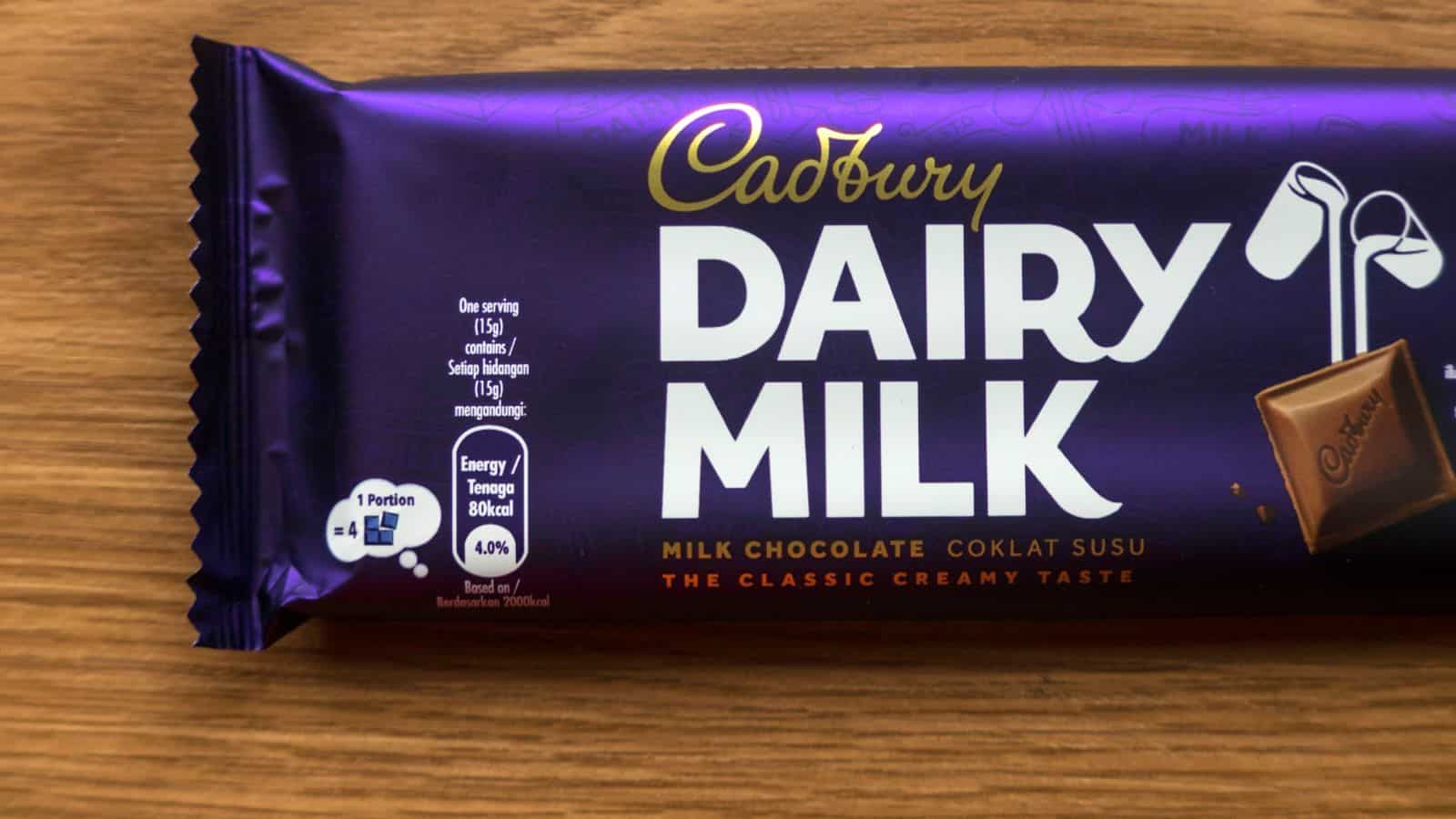
Many Cadbury chocolate products sold in Canada are banned from being imported into the U.S. This is because they’re made with different recipes that don’t meet FDA regulations. Hershey’s has the license to make Cadbury in the U.S., but any true Canuck chocoholic will tell you it’s just not the same.
Salmon Jerky
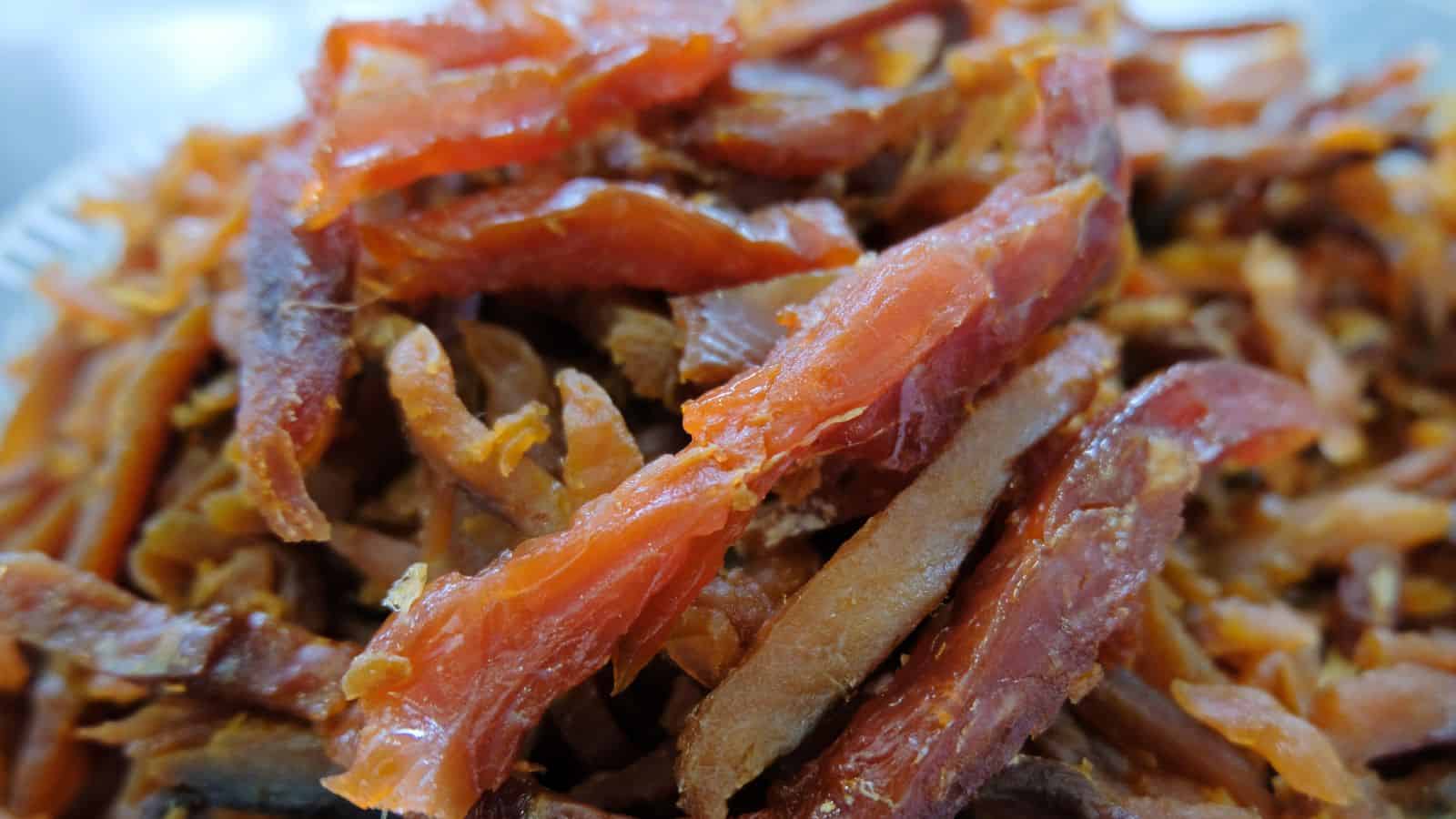
Salmon jerky is a popular snack for Canadians, especially on the coasts. But in the U.S., salmon jerky is banned if it contains sodium nitrite, a common preservative. They prefer their salmon swimming upstream rather than being dried in a bag.
Fray Bentos Corned Beef
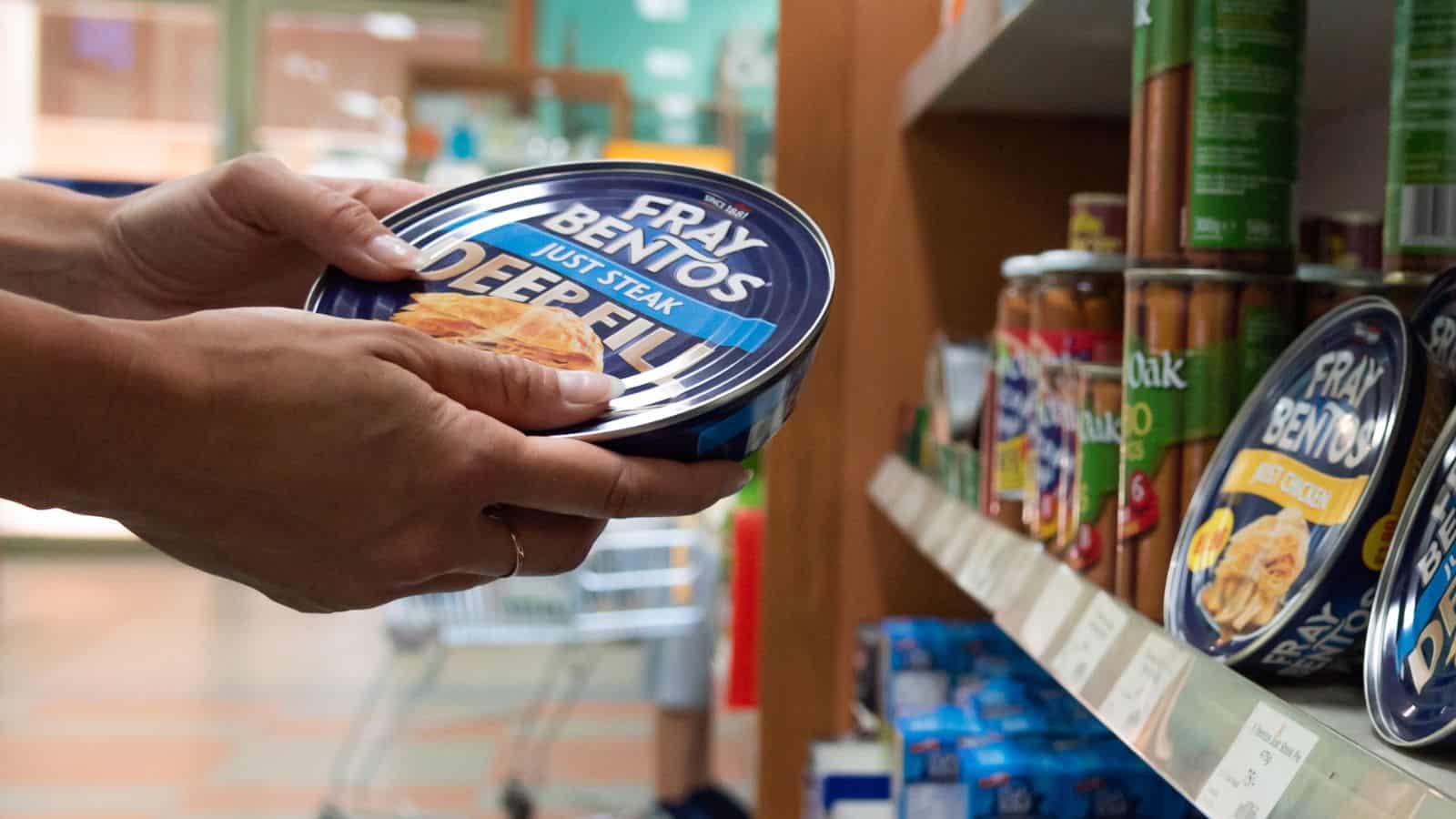
This canned corned beef product from the UK is sold in Canada but banned in the U.S. The USDA has blocked imports since 1964 due to concerns over the South American beef used, says The National. Guess Americans will have to stick to Spam.
Irn-Bru
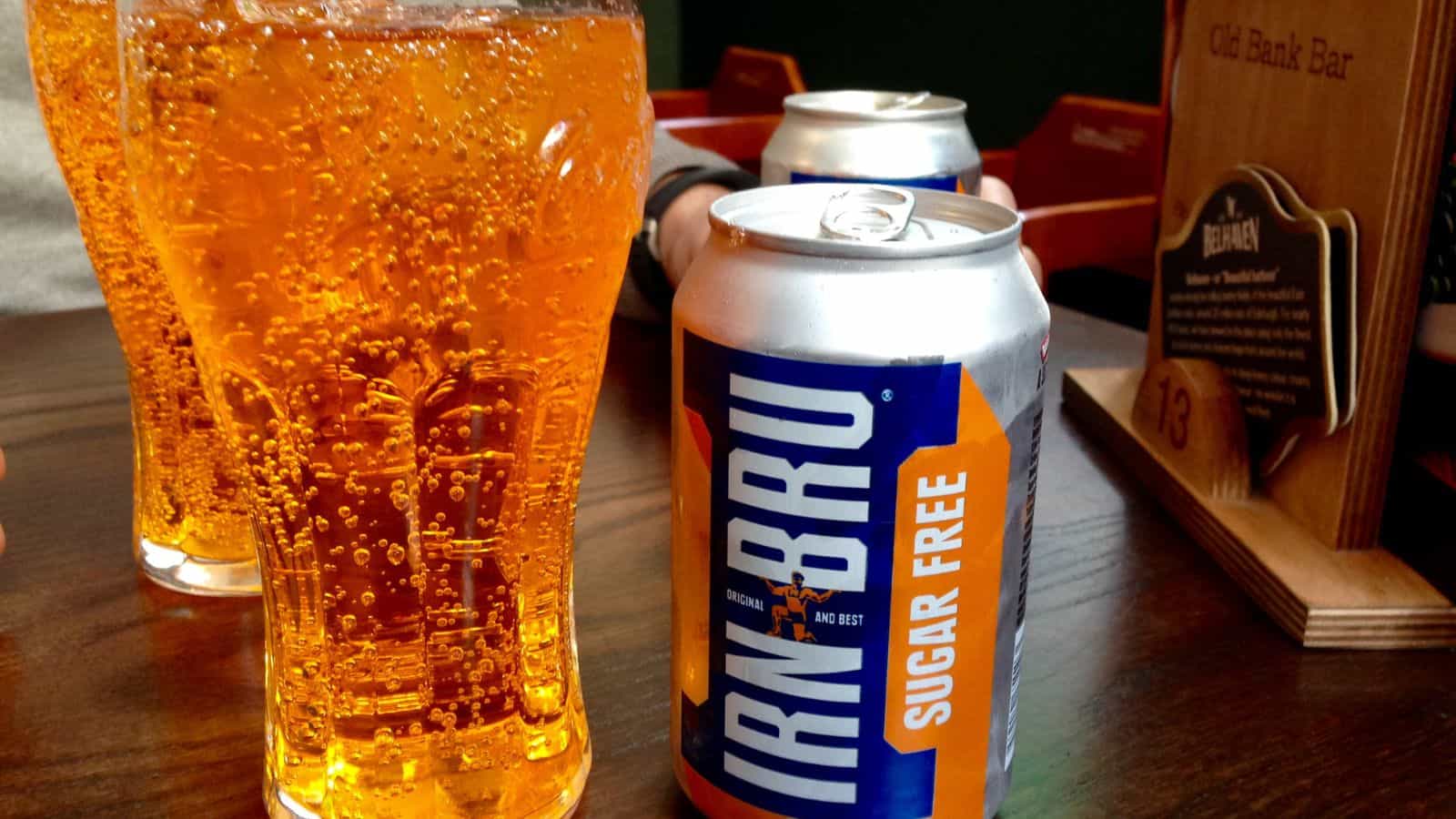
This bright orange Scottish soft drink is the top-selling soda in Canada but can’t be sold as is in the U.S. The food coloring Ponceau 4R used in Irn-Bru is banned by the FDA. Americans are really missing out on this electric orange elixir.
Ackee Fruit
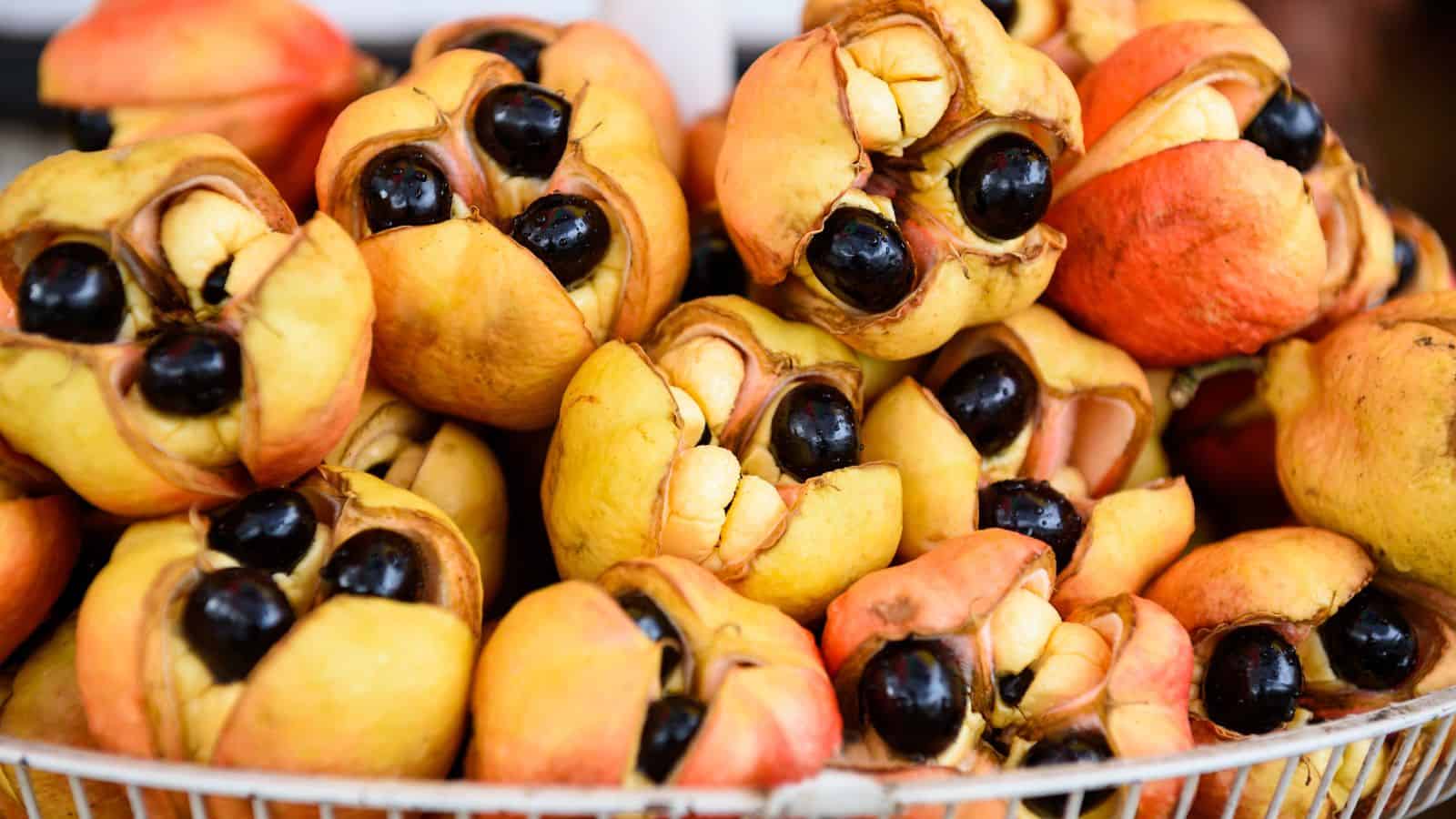
This pear-shaped fruit is the national fruit of Jamaica and is used in many Caribbean dishes in Canada. But ackee is illegal to import into the U.S. unless it’s been properly ripened and processed, as it contains toxic levels of hypoglycin A when unripe. “When someone eats an ackee apple, a substance in the fruit may cause their blood sugar levels to plummet by blocking the flow of glucose in the body,” says Tasting Table. This is one Caribbean specialty Americans have to miss out on.
Haggis
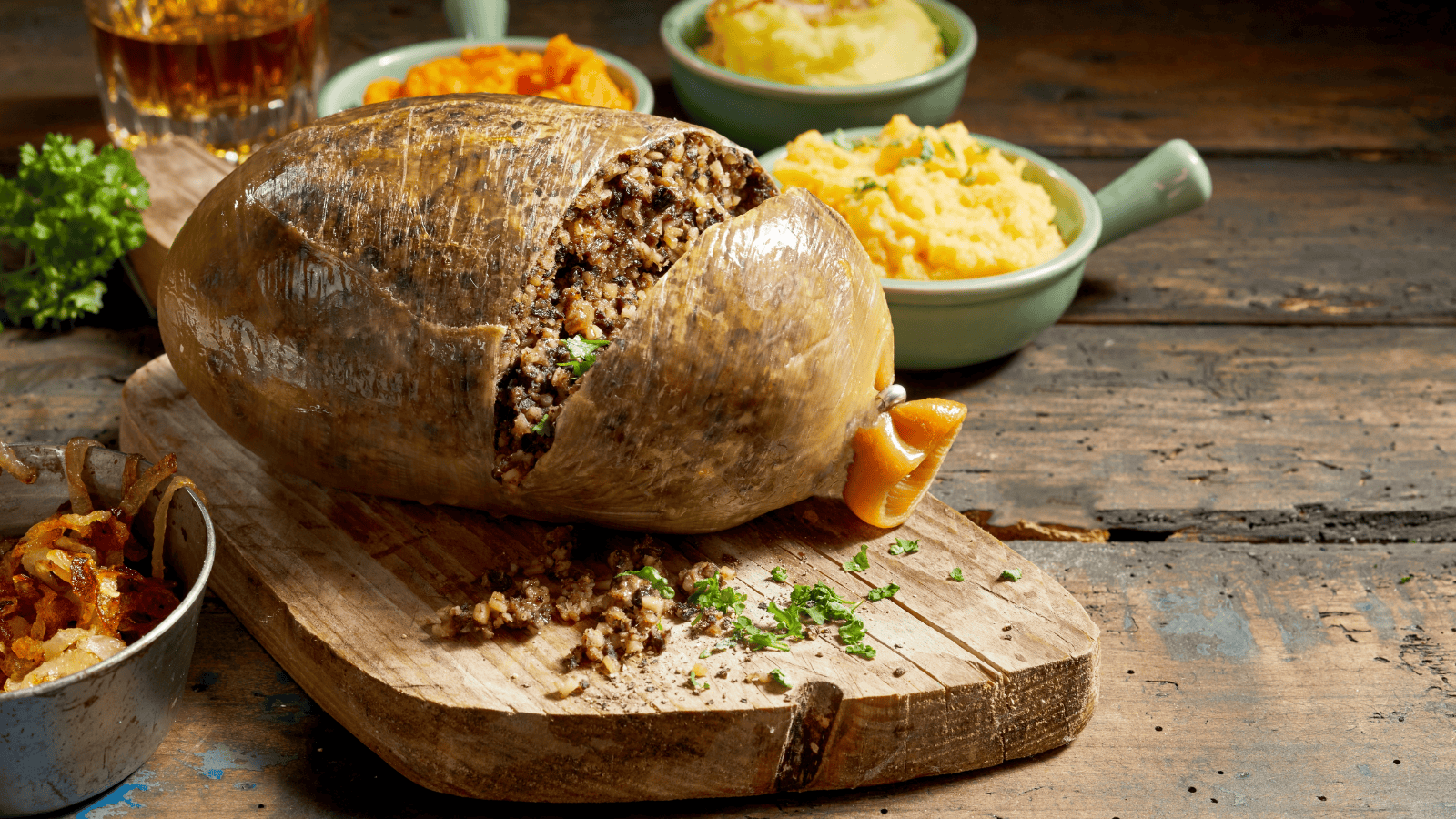
This traditional Scottish dish made with sheep’s heart, liver, and lungs is available in Canada but is banned from being imported into the U.S. Since 1971, the USDA has prohibited sheep lungs in food products, Culture Trip reports. Canadians can still enjoy this hearty dish, but it’s too akin to offal, which is not a traditional American food.
Foie Gras
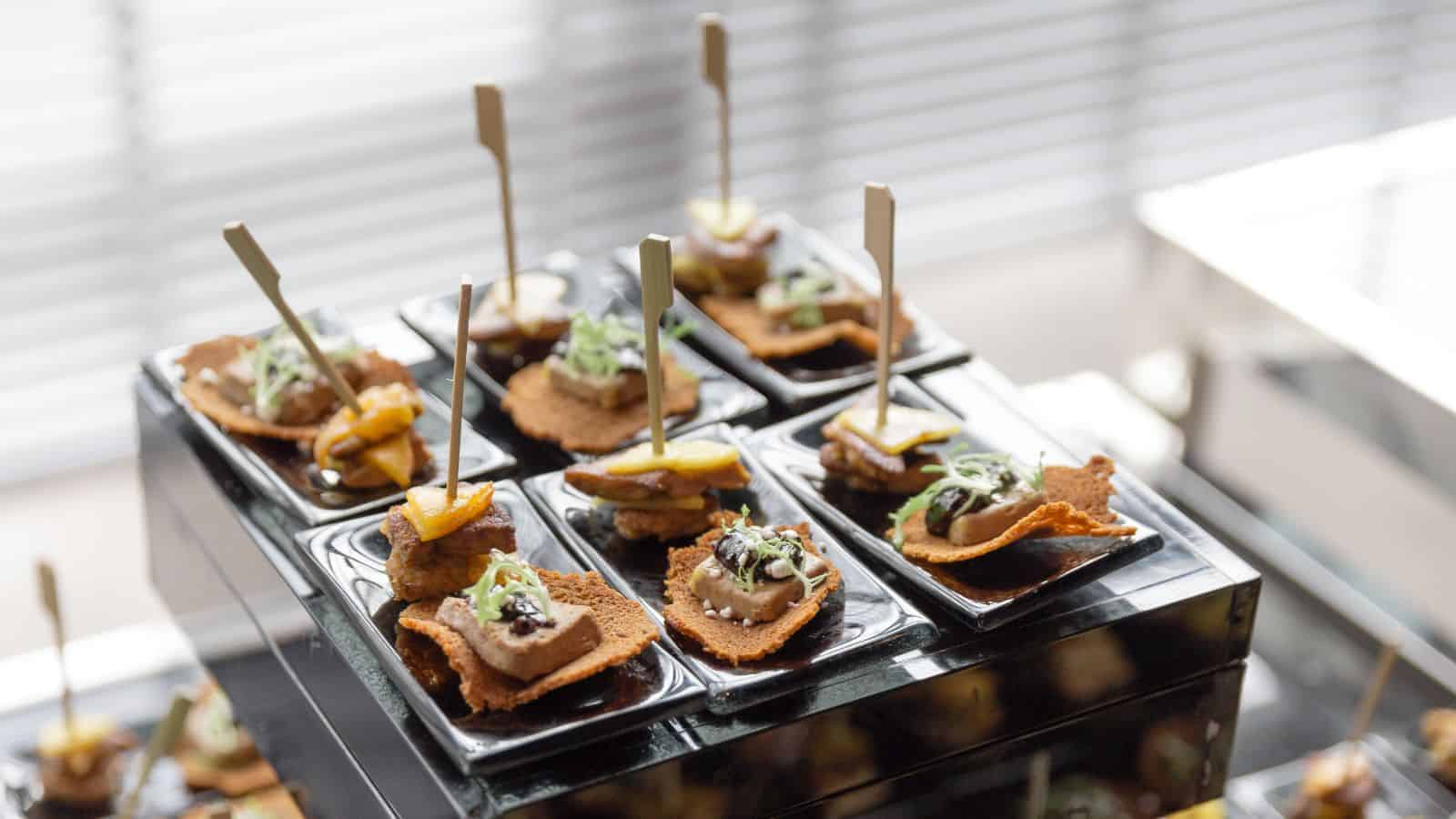
The sale of foie gras, a luxury food made from the liver of a fattened duck or goose, is legal in Canada. But it’s banned in California and New York City due to animal welfare concerns over the force-feeding process. Pâté fans will have to head up to Canada to get their fatty liver fix.
Black Pudding
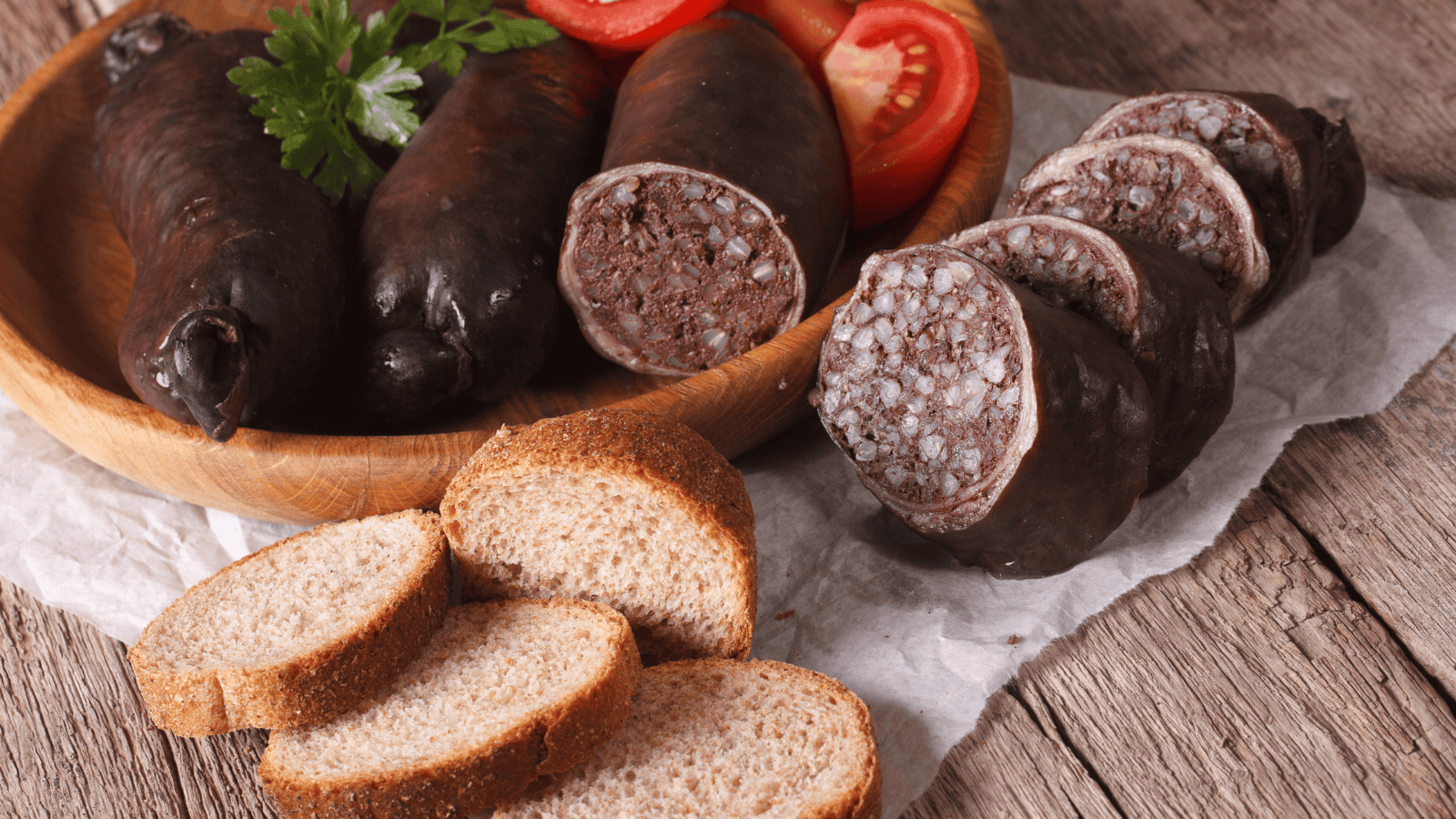
This blood sausage is a breakfast favorite in the UK and Ireland and is readily available in Canada. However, the U.S. prohibits importing any food products made with animal blood. Black pudding may sound goth, but it’s off the menu in America.
Shark Fins

Canada is the largest importer of shark fins outside of Asia, which are used in traditional shark fin soup. “In 2021, Congress reintroduced the bipartisan Shark Fin Sales Elimination Act (H.R. 2811/S. 1106), which would ban the trade of shark fins in the United States,” according to Oceana USA. Many Americans don’t feel like they’re missing out on this unethical food, though.
Beluga Caviar
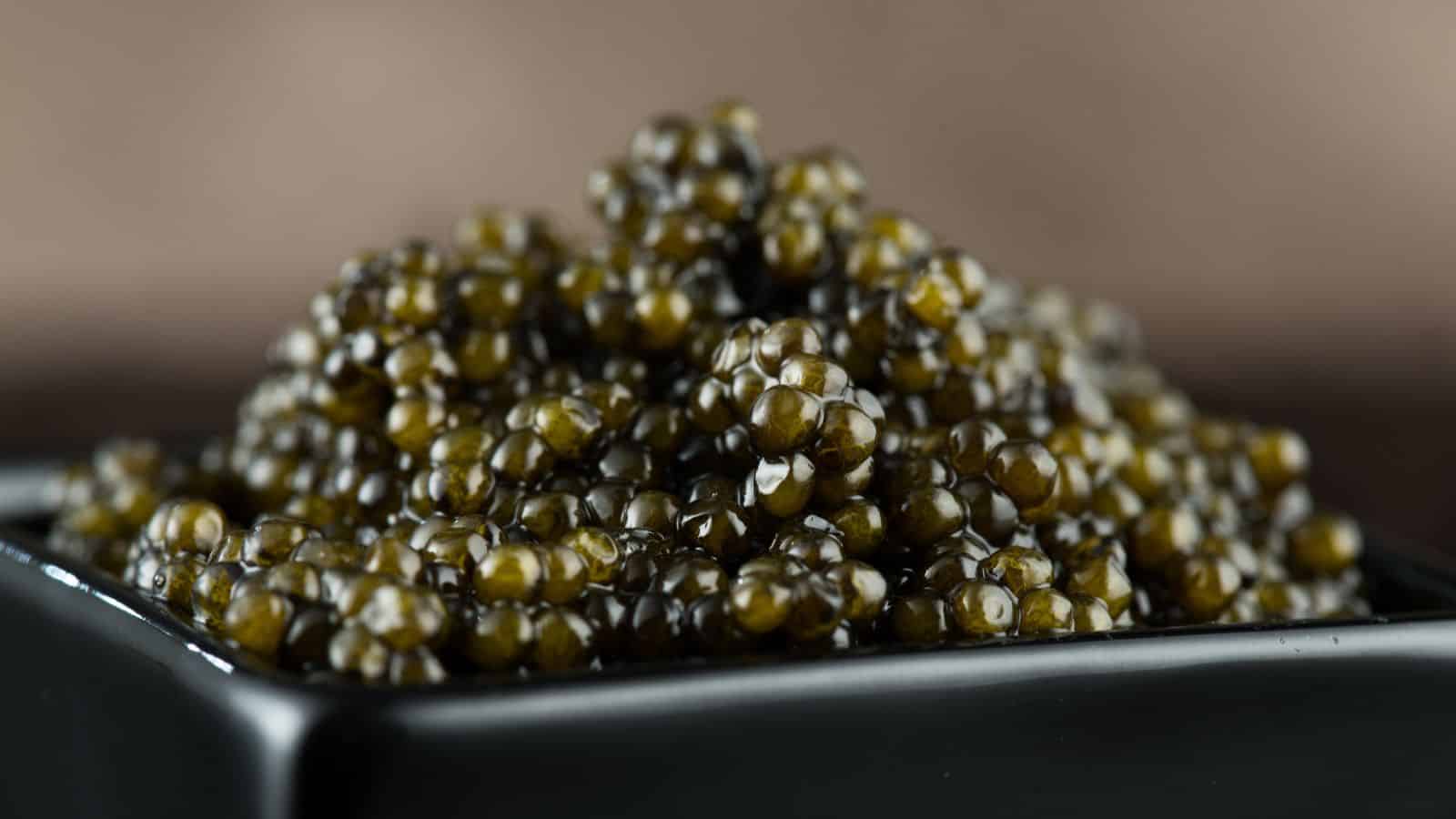
Caviar lovers in Canada can still enjoy beluga sturgeon caviar, but it’s no longer available in the U.S. Since 2005, the U.S. Fish and Wildlife Service has banned beluga caviar imports due to overfishing concerns. The American 1% will have to settle for Ossetra instead.
Sassafras Oil
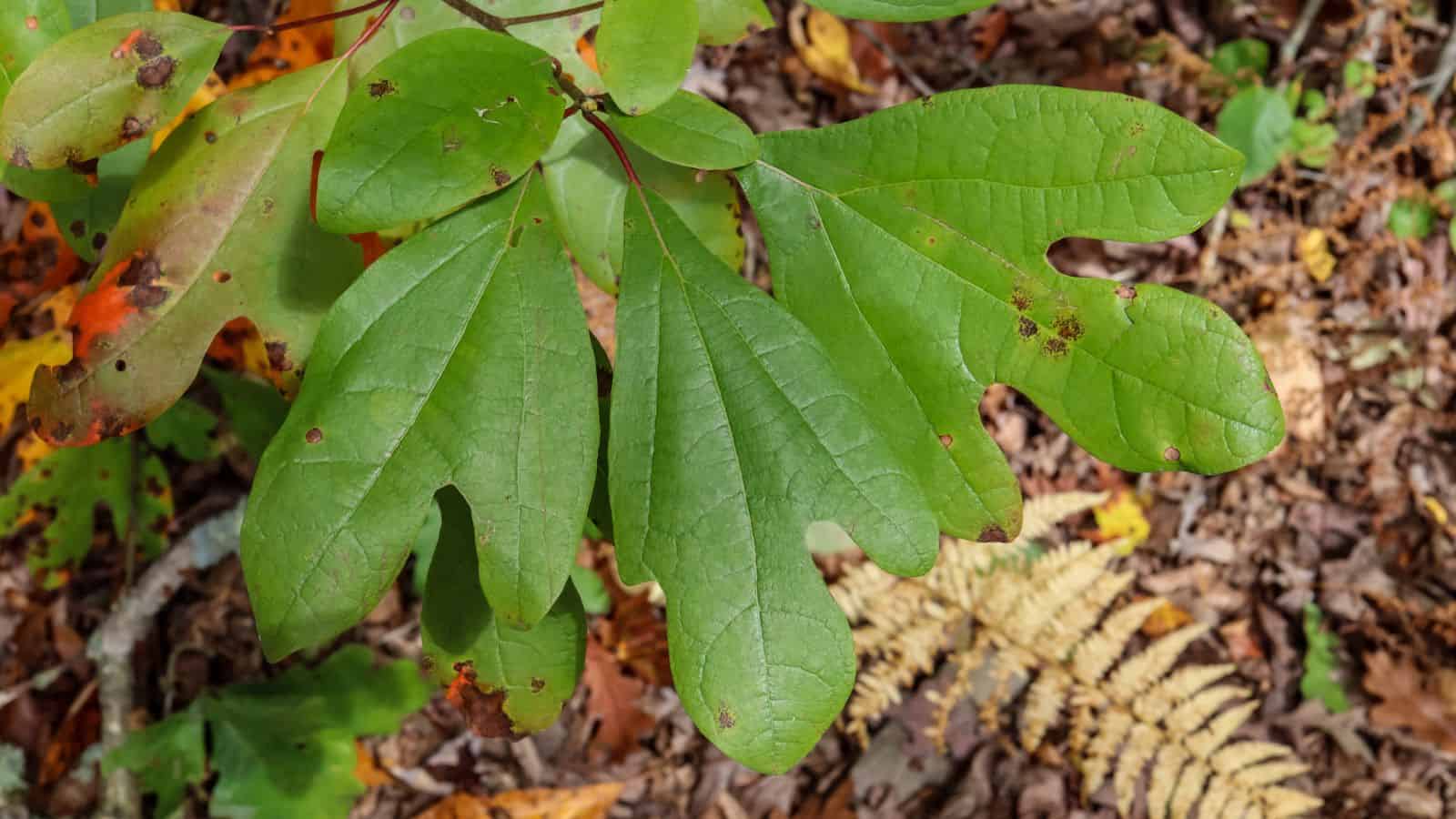
Once used in root beer, Sassafras oil is extracted from the Sassafras tree. But safrole, the main component of sassafras oil, was banned by the FDA in 1960 as a potential carcinogen. Canadians can still find old-fashioned sarsaparilla sodas that use sassafras, but Americans are stuck with safrole-free root beers.
Raw Milk Cheese
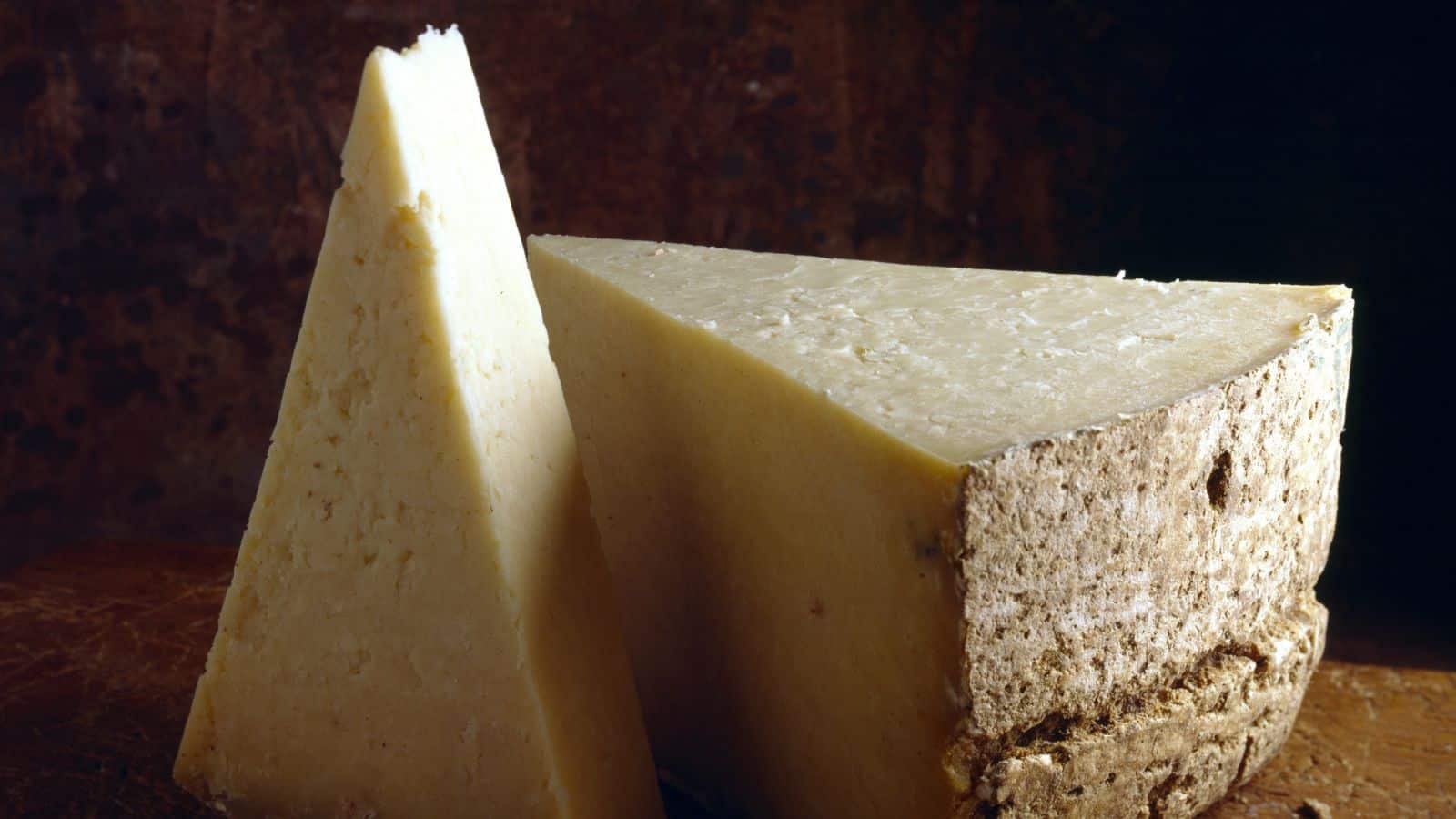
Certain raw milk cheeses like Brie de Meaux are allowed in Canada but banned in the U.S. The FDA requires that all raw milk cheeses be aged for at least 60 days to kill harmful bacteria. This is why most cheeses in American grocery stores are pasteurized and safe for pregnant women to consume.
Pig’s Blood Cake
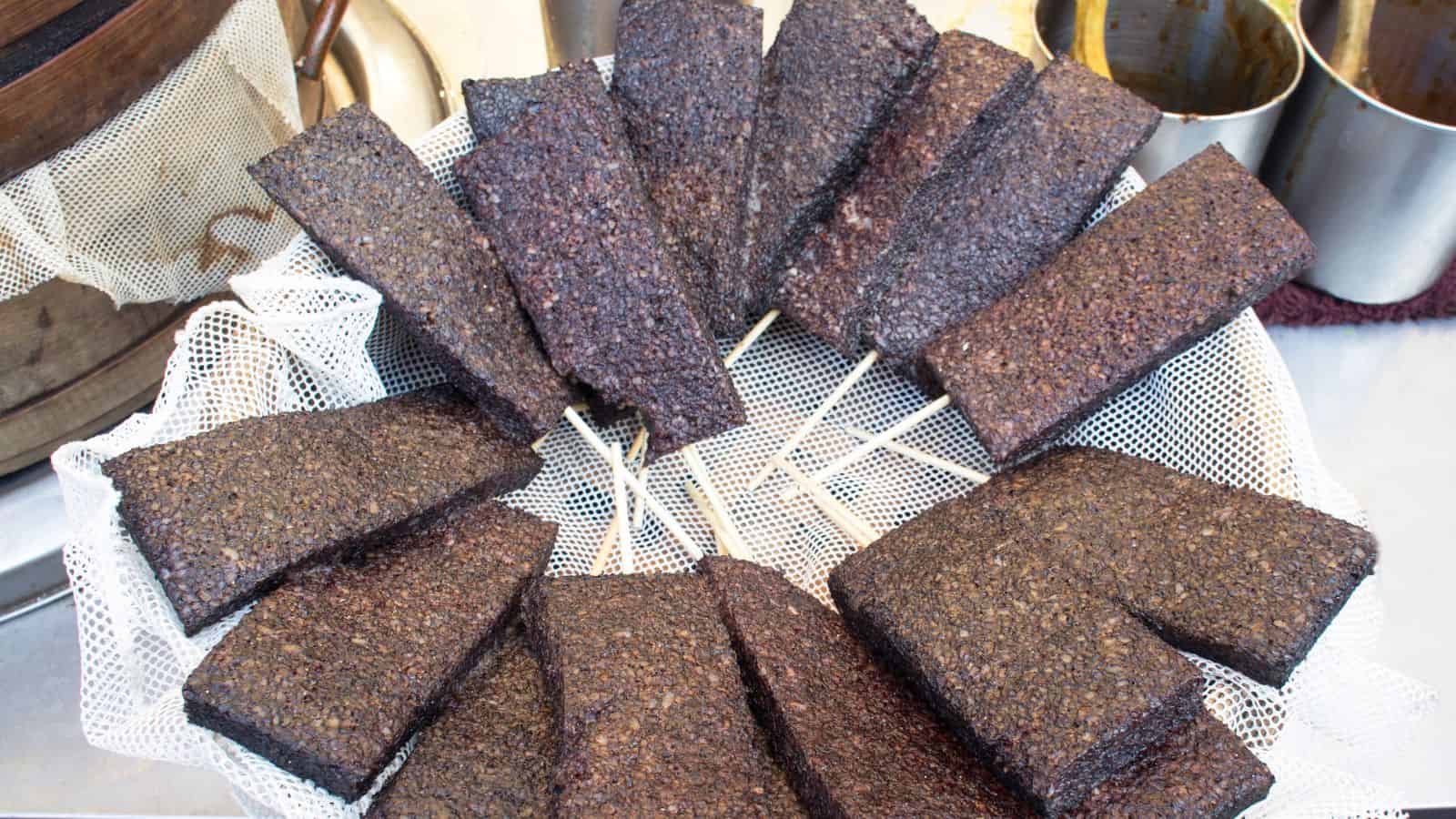
A popular Taiwanese street food, pig’s blood cake can be found in some Asian markets in Canada. However, the USDA prohibits importing food products made with animal blood, so pig’s blood cake is a no-go in the U.S. Pity because it’s a bloody good snack.
Mirabelle Plums
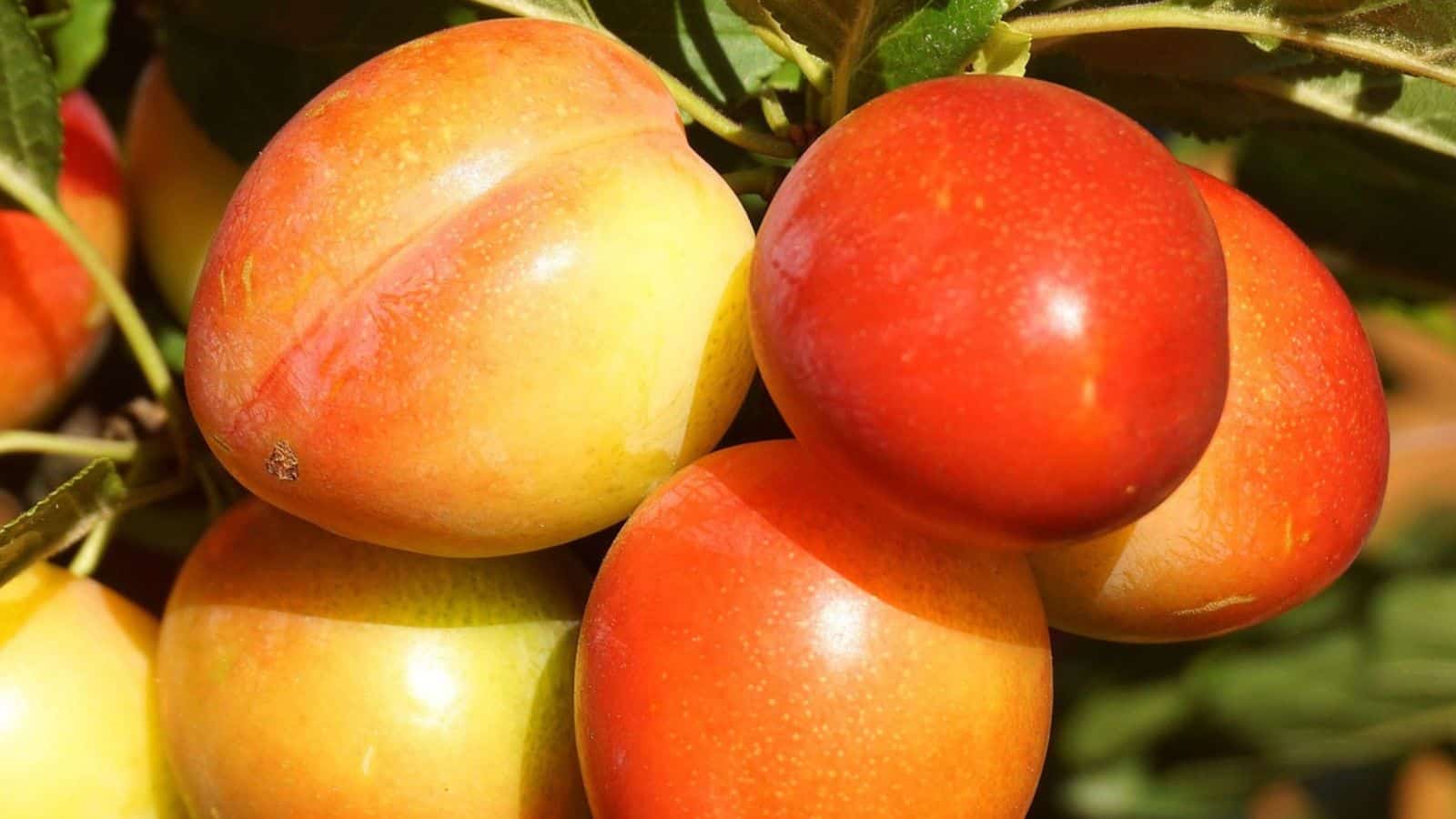
These small, sweet plums are grown in Lorraine, France, and are a popular treat in Canada. But mirabelle plums are banned from being imported into the U.S. due to agricultural restrictions.
Absinthe
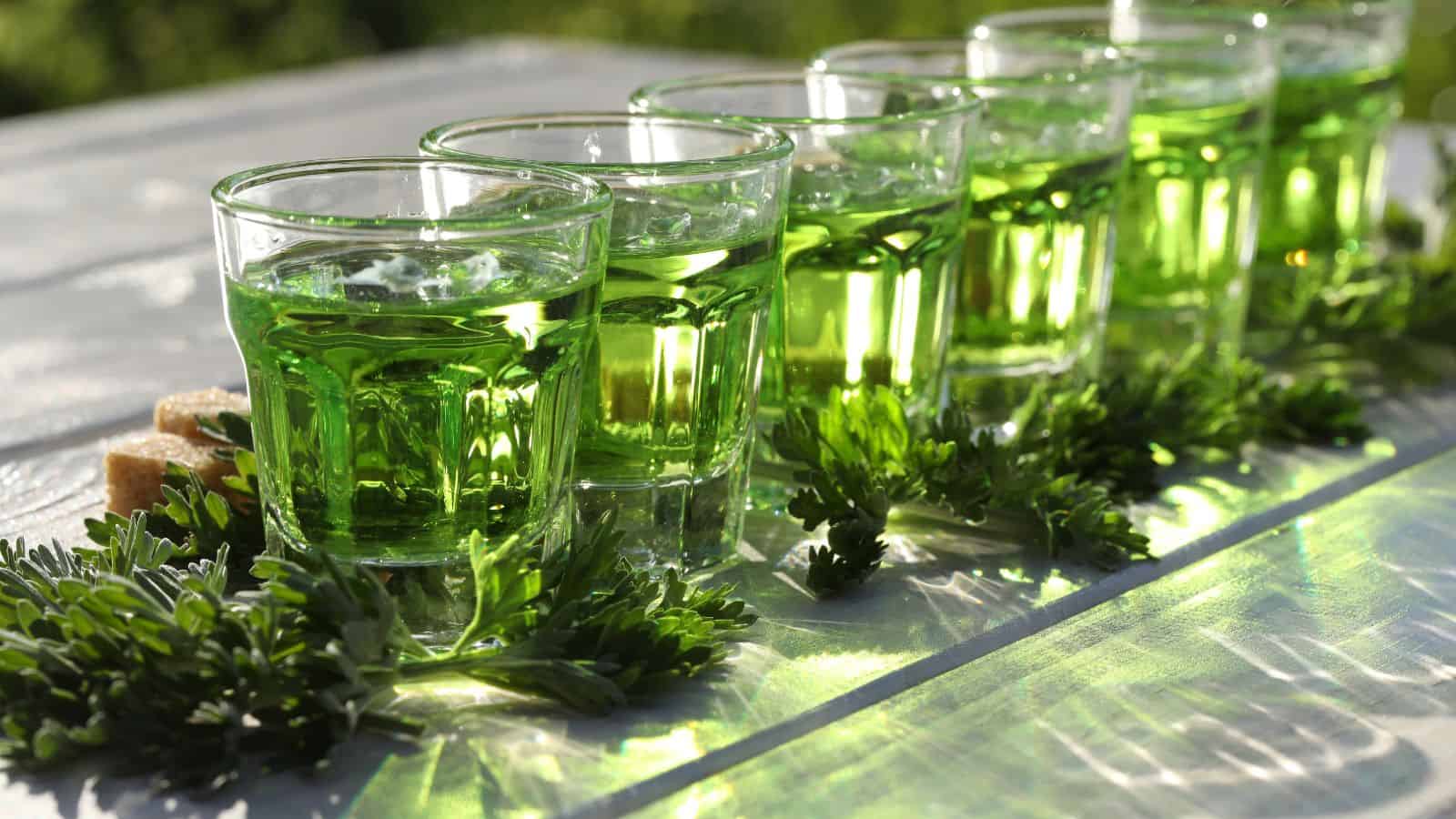
This anise-flavored spirit was once banned in many countries, including the U.S., due to concerns over its high alcohol content and supposed hallucinogenic effects. But absinthe is now legal again in the U.S., although with some restrictions on the thujone content. Canadians have been able to enjoy the Green Fairy freely for years.
Blackcurrant Cordials
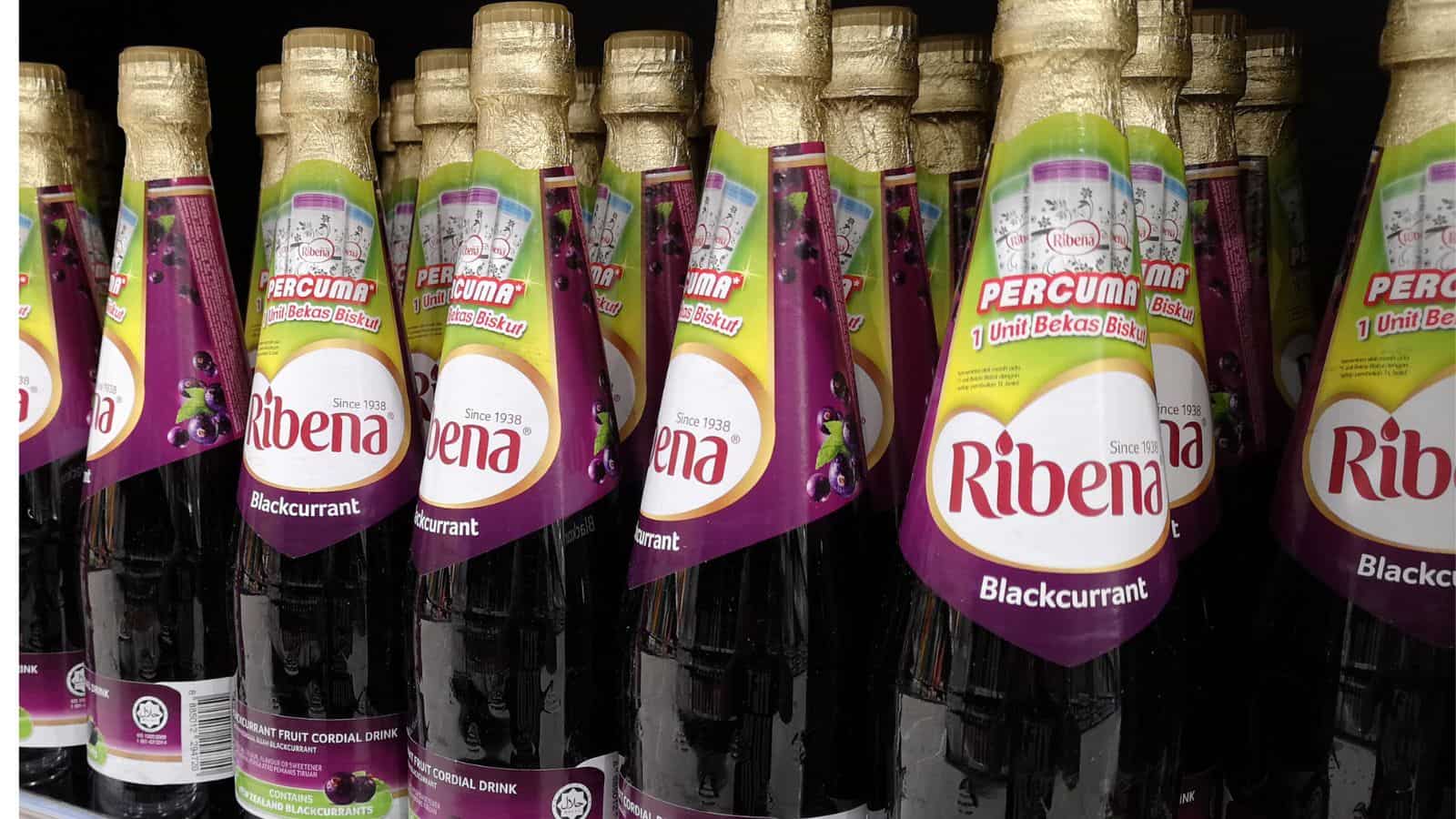
Drinks like Ribena are popular in Canada and the UK. But blackcurrants were once banned in the U.S. as a potential threat to the logging industry, as they can carry white pine blister rust. The federal ban was lifted in 1966, but some states still restrict blackcurrants. So, while Canadians enjoy their Ribena, Americans may have to hunt for blackcurrant cordials.
Up Next: 18 Cities in the US That Are So Bad You Won’t Want to Visit

While there are many beautiful cities in the U.S. that are well worth a visit, there are also some that you may want to avoid. This is largely due to high crime rates or issues with quality of life. Here are 18 U.S. cities that you won’t want to visit.
18 Cities in the US That Are So Bad You Won’t Want to Visit
19 American Cities That Disappoint Visitors So Much They Wish They Never Went
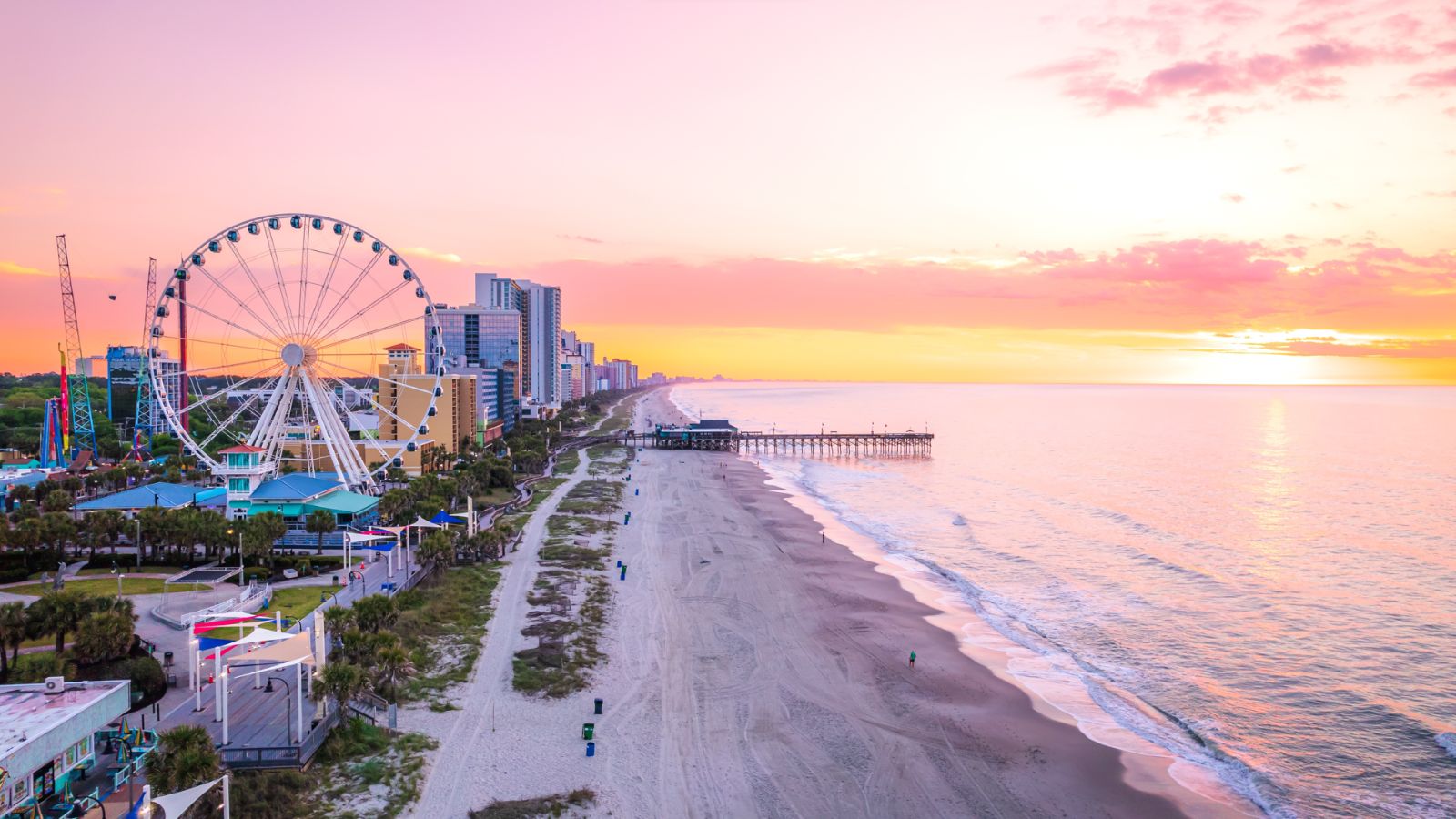
The United States is a vast country with over 109,000 cities and towns and many popular tourist hotspots, promising visitors fascinating history, famous landmarks, natural wonders, impressive architecture, and cultural delights. But not every city lives up to the hype! Here, we explore 19 American destinations that often leave visitors underwhelmed.
19 American Cities That Disappoint Visitors So Much They Wish They Never Went
19 Signs That Say You’ve Officially Entered Old Age

Old age comes for us all, though we do our best to resist it for as long as possible. But aging isn’t only gray hair, wrinkled skin, and yelling at kids to get off your lawn. Here are 19 signs you’ve realized you’re no longer the young stud you once were!
